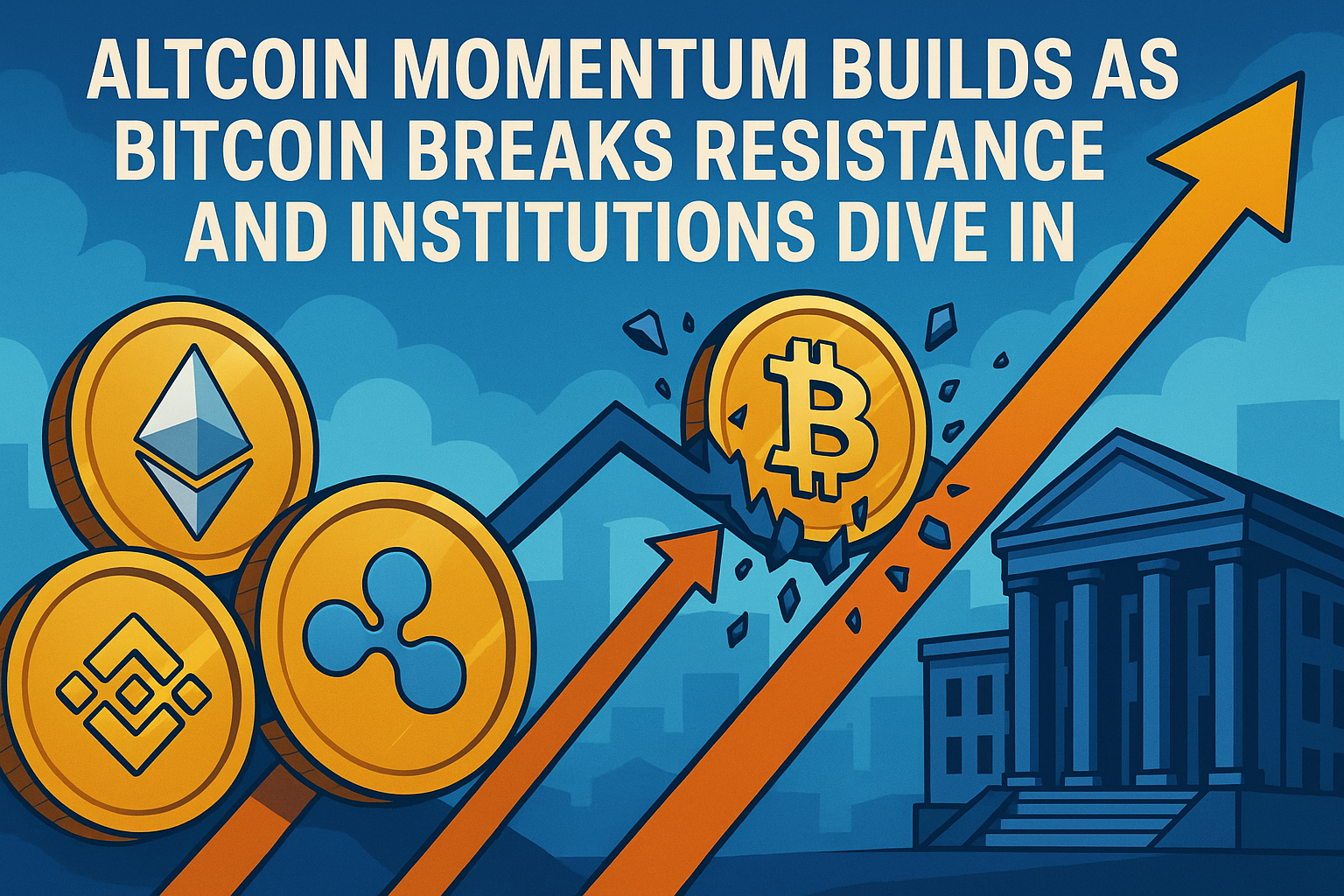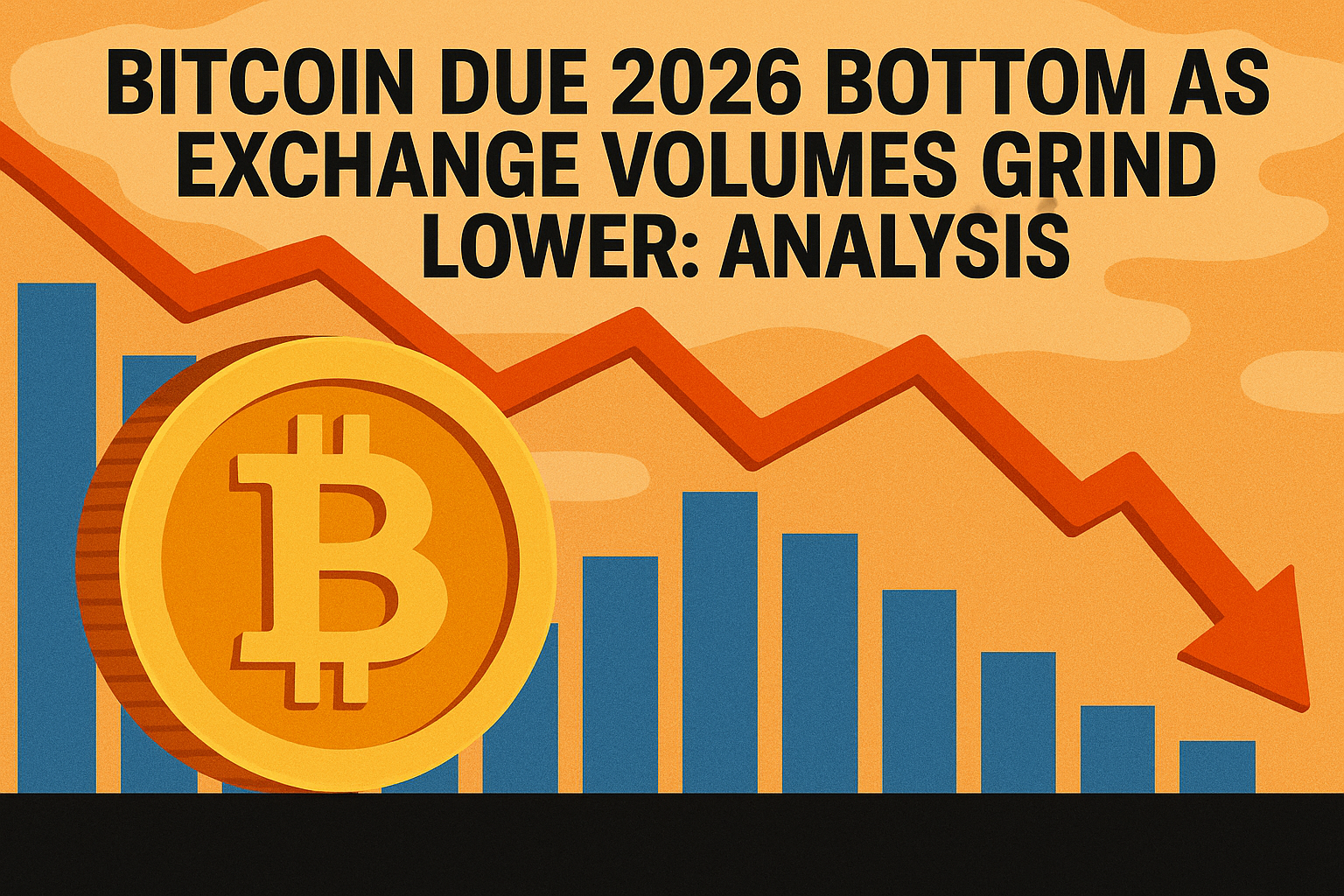Table of Contents
Introduction:
Cryptocurrency has revolutionized the financial landscape and become a prominent force in the worldwide economy. As digital assets continue to grow in popularity and adoption, it’s increasingly important to consider their impact on the environment and explore ways to promote sustainability within the ecosystem. In particular, the massive energy consumption associated with traditional cryptocurrency mining methods has raised valid concerns about the carbon footprint of digital assets.
In this comprehensive article, we will delve into the environmental implications of cryptocurrencies, examining various factors such as energy consumption, emissions, and sustainability challenges. We will also explore innovative green technologies and initiatives within the digital asset space that are paving the way for a more sustainable future. From energy-efficient consensus mechanisms to eco-conscious mining alternatives, our analysis will cover the latest advancements and solutions that prioritize environmental responsibility while fostering growth in the cryptocurrency ecosystem.
As cryptocurrency investors, enthusiasts, and responsible global citizens, it is essential for us to be aware of the potential environmental impact of the digital assets we are engaged with and explore paths toward a greener, more sustainable digital currency future. By understanding these crucial aspects of the cryptocurrency market and embracing environmentally conscious solutions, we can promote responsible practices in the digital asset space and contribute to global efforts toward a more sustainable financial ecosystem.
The Environmental Costs of Traditional Cryptocurrency Mining
To better understand the environmental implications of digital assets, it's necessary to examine the energy-intensive process of traditional cryptocurrency mining, which involves solving complex mathematical problems using specialized hardware to add new blocks to a blockchain.
- Energy Consumption: Cryptocurrency mining requires vast amounts of power, with some estimates suggesting that the total energy consumption of the Bitcoin network alone rivals that of small countries.
- Carbon Emissions: High energy consumption often leads to significant CO2 emissions, particularly in countries or regions heavily reliant on fossil fuels for power generation.
- Electronic Waste: The rapid obsolescence of mining hardware contributes to growing amounts of electronic waste, posing challenges for recycling and disposal efforts.
Despite these environmental concerns, it’s important to note that some cryptocurrencies, projects, and organizations within the digital asset space are taking proactive steps to minimize their negative environmental impact.
Embracing Energy-Efficient Consensus Mechanisms
One of the most promising solutions to curb the environmental costs of cryptocurrencies involves adopting alternative consensus mechanisms that are less energy-intensive than the traditional Proof of Work (PoW) model used by Bitcoin and other major digital assets.
- Proof of Stake (PoS): PoS is an energy-efficient alternative to PoW, where users "stake" a portion of their cryptocurrency holdings to participate in validating transactions and maintaining the blockchain. With no need for resource-intensive mining, PoS significantly reduces the overall energy consumption and carbon emissions associated with digital assets.
- Delegated Proof of Stake (DPoS): In a DPoS model, users delegate their voting power to a smaller number of validators, who are responsible for confirming transactions and securing the network. This streamlined approach further reduces energy consumption, providing a more environmentally friendly option.
- Hybrid Consensus Models: Some cryptocurrencies have adopted hybrid models that combine aspects of PoW and PoS, striking a balance between security, decentralization, and energy efficiency.
Green Cryptocurrency Mining Solutions
In addition to adopting more efficient consensus mechanisms, some players within the cryptocurrency ecosystem are developing and implementing green mining solutions, harnessing renewable energy sources and eco-friendly technologies.
- Renewable Energy-Powered Mining: An increasing number of mining operations are turning to renewable energy sources, such as solar, wind, and hydropower, to reduce their carbon footprint and lower operational costs.
- Heat Recycling: Innovative mining facilities have begun utilizing the excess heat generated during the mining process for other purposes, such as heating greenhouses or residential buildings, thereby improving overall energy efficiency.
- Carbon Offset Programs: Some cryptocurrency projects and mining operations are investing in carbon offset initiatives, helping to counterbalance their emissions and promote environmental responsibility.
The Emergence of Eco-Conscious Cryptocurrencies
The growing concern over the environmental impact of traditional digital assets has led to the development of eco-conscious cryptocurrencies that prioritize sustainability in their design and operations.
- Low-Energy Cryptocurrencies: Digital assets such as Nano, IOTA, and Chia have gained recognition for their innovative consensus mechanisms and low-energy requirements, providing greener alternatives for environmentally conscious investors.
- Cryptocurrency Carbon Footprint Tracking: Some platforms and startups are developing tools to analyze and track the carbon footprint of digital assets, helping investors make informed decisions that align with their sustainability goals.
- Supporting Green Initiatives: Several cryptocurrencies are directly involved in mitigating the environmental impact of digital assets, by funding environmental projects, reforestation efforts, and wildlife protection initiatives.
Building a Sustainable Future for Cryptocurrencies
As the digital asset ecosystem continues to grow and evolve, it becomes increasingly essential for industry participants to prioritize environmental sustainability and implement green solutions. The adoption of energy-efficient consensus mechanisms, eco-friendly mining practices, and responsible investment in low-carbon cryptocurrencies can significantly contribute to reducing the environmental impact of this burgeoning market.
Looking to stay ahead of the curve and make well-informed decisions in the rapidly-evolving world of cryptocurrency? Look no further than Altcoin Investor! Our expert insights, timely updates, and invaluable resources keep you informed about the latest sustainability challenges and opportunities in the digital asset sector while supporting innovative green technologies and initiatives. With our help, you can contribute to global efforts toward a more sustainable and eco-friendly digital asset ecosystem. Contact us today!




